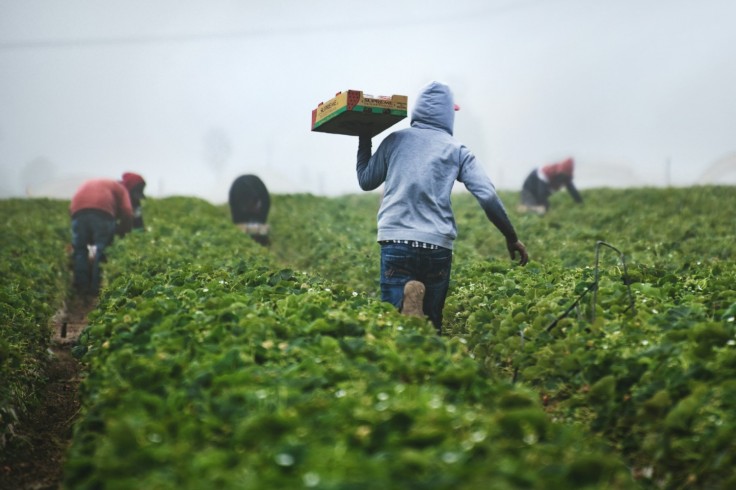The AI surge has popularly brought various conversational chatbots that are used widely on the internet. However, the power of AI is not limited to creating chatbots whom we can ask for information.
AI has an impressively wide range of applications and agriculture is no exception to that feat. As climate change continues to worsen the situation of traditional farming, the latest technology aims to provide innovative solutions.

Precision agriculture is a crucial practice that requires advanced technologies to monitor and manage the agricultural industry in its most accurate manner. The goal is to optimize field-level management in crop farming to increase the yield each season.
Here are some more factors how AI could help in precision agriculture in this crucial time of climate change:
Climate, Weather Predictions
AI models are trained to gather vast amounts of data from various sources. Using real-time information from weather stations, satellites, and historical records can provide accurate weather forecasts.
In agriculture, weather plays a crucial factor in the whole process. A near-accurate prediction can help farmers make informed decisions such as planning their planting, irrigation, and harvesting periods.
It would also reduce any risk associated with unpredictable weather patterns due to climate change. Any sudden changes in the weather could potentially destroy the whole harvest and investment of farmers in a snap.
Soil Health Monitoring
AI-powered sensors and drones could be used to collect data on soil conditions. Factors like moisture levels, nutrient content, and pH balance must be closely monitored to prevent any problems.
Using these collected data, the machine learning algorithms in the AI models will analyze the information and create real-time insights. This will allow farmers to be more aware of the right amount of fertilizers and water to be used on their crops.
Crop Management
Crop management is a tedious task for farmers. Traditional farming requires them to do crop rotation, cover cropping, and more to ensure harvest.
AI can process data from various sources like satellite imagery to monitor crop growth and health without needing too much labor from the farmers. Precision farming tools will help them achieve maximum yield and quality.
Resource Management
Since AI can provide detailed information about the crops, this could effectively lessen the waste material or the usage of excess resources during the process.
For instance, an AI-based irrigation schedule could tell the exact amount of water needed by the crop to achieve maximum results.
In terms of fertilizers and pesticides, it could reduce the environmental impact and financial burden by using the right amount.
Pest Detection
Crop pests and diseases are the top enemies of farmers. Some farmers might fail to diagnose their crops at its early stage which could result in using too many pesticides in the long run to save the crop.
Through image recognition and machine learning, AI tools could help identify pests and diseases by analyzing the images of crops. Early detection is crucial to apply specific treatments and to minimize the risk of losing crops.









